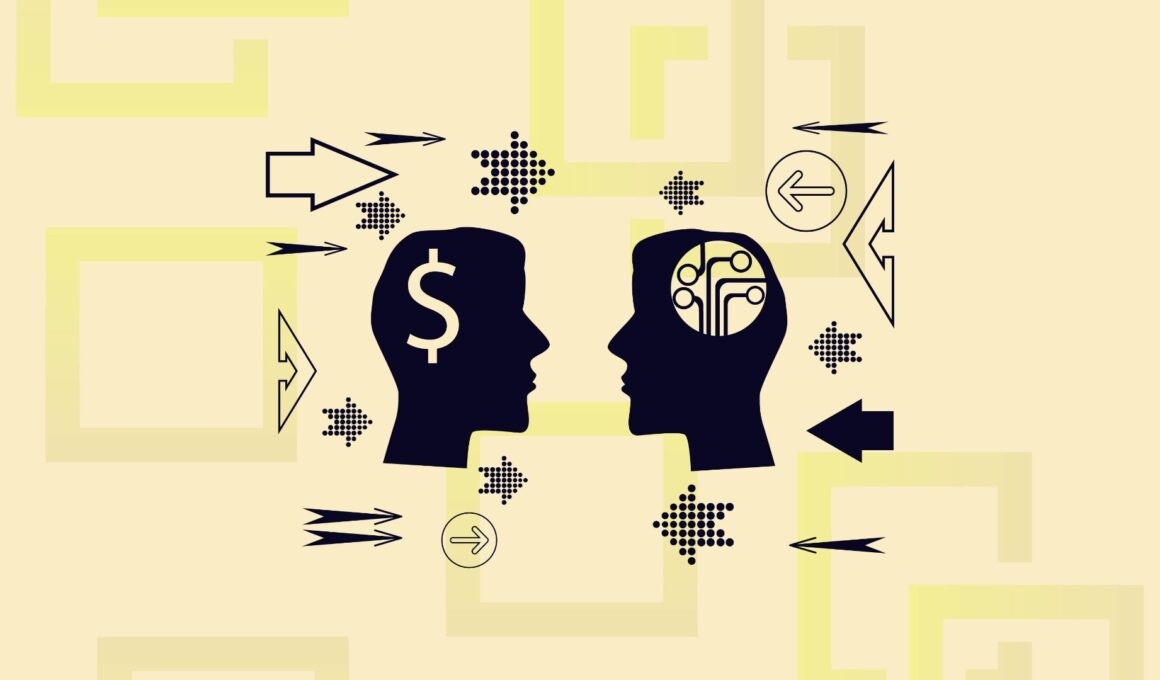If you’ve heard of the ‘adaptive unconscious’ before, then chances are that you will have at some point read the book ‘Blink’ by Malcolm Gladwell. If you haven’t though, then this is something you should probably look into if you want to start making better decisions and increasing your effectiveness in the workplace, your relationships and more.
What Is the Adaptive Unconscious?
The idea behind the adaptive unconscious is that you have a set of unconscious mental processes that can be used for successful decision making and that will often prove to in fact be more effective than the conscious strategies we might use to make decisions. These unconscious ‘hunches’ are based on factors like emotional response, estimates and experience, and even if we don’t know why we feel a certain way we’ll often find our unconscious brain urging us to make a particular choice.
According to many researchers, our adaptive unconscious is often more successful when it comes to making decisions than we are consciously ourselves – which raises an interesting question for us to consider when we make decisions in our day-to-day lives. Should we go with our gut response? Or give it further thought?
So what’s your first impulse on the matter?
(Yes that’s a trick question… )
The Science
There is a lot of research surrounding the effectiveness or otherwise of the adaptive unconscious which may shed some light on the answer. In one study for instance a group of participants were asked to play a ‘game’ in which they were shown a series of numbers and had to guess whether the next number would be higher or lower. They were told that the numbers were completely random meaning that they should have an equal chance of answering correctly each time – but in reality there was a very complicated pattern underlying which numbers showed. What made the study really interesting was the inclusion of some brain damaged participants who had lost their capacity for emotion.
What was found in this study was that the participants who didn’t have the benefit of emotion on their side actually performed worse than the ones who did. While none of the participants had managed to work out the pattern, those that had their emotion intact began to respond emotionally to certain sequences of numbers and this meant they were able to use their adaptive unconscious to make better decisions.
There are flaws in this study as with any research, and critics might point out for instance that it was certainly possible that the brain damage in some patients could have affected more than just their emotional intelligence. And these findings don’t tell us anything regarding whether or not the adaptive unconscious decision is better than a conscious decision – only that it’s passable. Either way it does tell us that sometimes it is wise to go with our guts, and that it’s always worth guessing for example if you don’t know the answer to a question during a test.
Strengths and Weaknesses
In the book Blink, Gladwell points out both the strengths and weaknesses of going with your gut feeling in decision making. For instance, he points out how it might be useful for helping you to come to decisions in that it could help you to eliminate certain cognitive biases such as prejudices, and could offer a solution to information overload (he argues that in some situations extra information can confound rather than aid the decision making process).
On the other hand though, the book also mentions how using ‘intuitive’ decision making can be particularly susceptible to factors such as stereotyping and ‘schemas’ (generalised ‘models’ we have to fit certain categories – imagine a restaurant and the restaurant that comes to mind is your ‘schema’ of restaurants). While stereotypes can be harmful in modern day decision making, they are adaptive to our survival in evolutionary terms because they enable us to extrapolate information from one encounter and apply it to a broader range of situations – so that we only need to be bitten by one lion to stop going up to stroke them for instance.
The answer then is not so much whether snap decision making is superior to reasoned judgement, but under which circumstances to use each. As a rule, going with your snap decision is often a good alternative should you lack the ability or knowledge to make a reasoned decision (as long as the outcome is low-risk), and might be more useful in scenarios that are very emotional and personal in nature – such as speed dating e.g. In situations however where it is possible to weigh up evidence and calculate results, this should generally be the preferred decision making option. Though if the latter only serves to back up the former, then this is your best case scenario.
Introspection Illusion
Interestingly, some research suggests that even our reasoned decision making might sometimes in fact also be strongly influenced by the adaptive unconscious. Here the idea is that we make a decision which we believe to have thought through, when in reality we were unaware of the factors influencing our decision at the time – which is called ‘introspection illusion’.
In some experiments for instance where answers are subtly pushed onto participants, subjects will then give explanations that are clearly confabulated and believe them to be true. Research further suggests that many of your preferences, attitudes and ideas in fact arise from the adaptive unconscious rather than any critical analysis.
So in other words, even if you think you made up your mind about something it’s possible your mind was made up for you before you even began. And the only way to improve the accuracy of these unconscious decisions? That’s to increase the amount of information going in and the accuracy of that data. So get reading!




